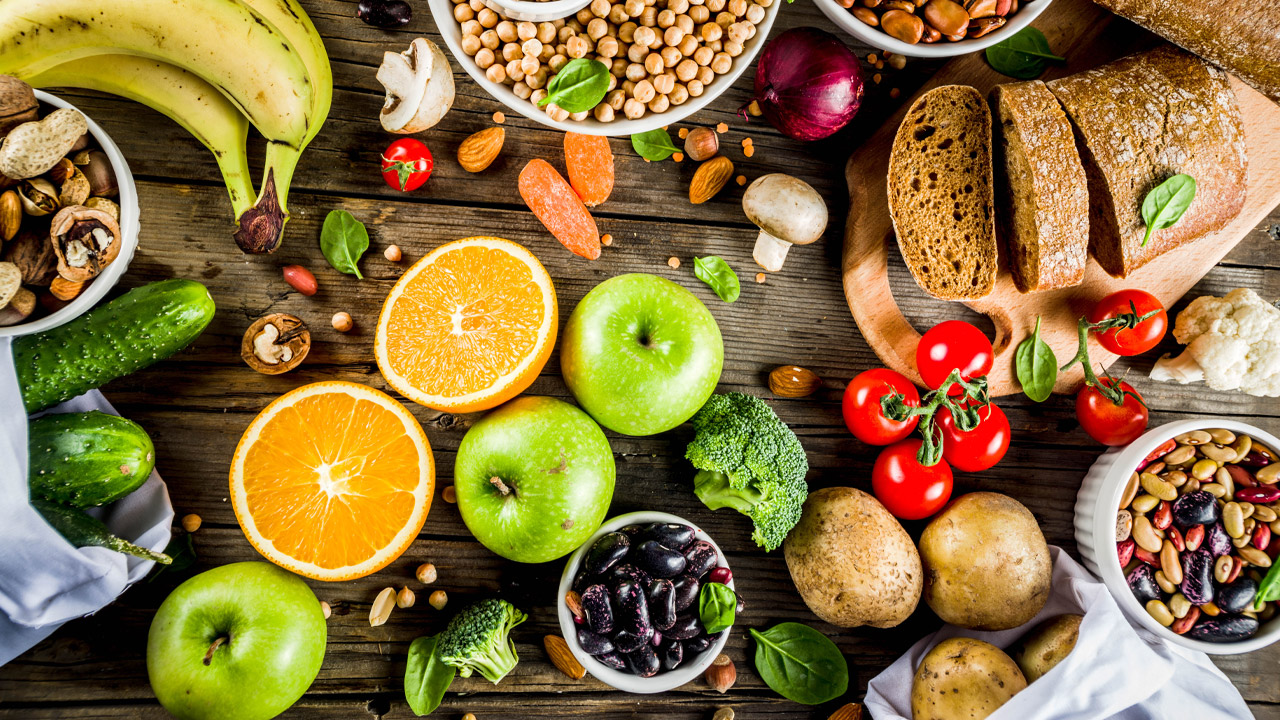Debunking the 4 Biggest Myths about Carbohydrates

Hey Angels and Alphas,
While many people are jumping on keto and other low-carb diets in hopes that limiting carbs will help them lose weight, we all know that carbs are an essential macronutrient. Cutting back on carbs too quickly can easily lead to low energy levels and cause you to overeat.
There are countless misconceptions about carbohydrates, but in reality, they’re not the bad guy.
When you start prioritizing whole-food, healthy sources of carbs such as whole-grain bread, potatoes, and brown rice, you will start feeling satiated thanks to the high fiber content and potentially experience fewer cravings for sugar.
Today, we’re here to talk about the 4 things everyone wishes they knew about carbohydrates before they started dieting… by debunking 4 of the biggest carb myths out there:
Myth #1 You can’t lose weight if you eat carbohydrates.
How many people have you heard say they’re “cutting carbs” to lose weight? Maybe you’ve even done it to yourself. That being said, registered dietitians surely want you to know that it’s not the only way you can lose weight.
It’s true that keto dieters, or people who just drastically cut carbs, experience weight loss much faster, at least initially. That being said, this may be due to the initial loss of water that happens when you cut carbs. You will likely end up gaining the weight back once you give up this strict style of eating.
Ultimately, studies show that overall weight loss results from low-carb and keto diets can match other, less restrictive plans.
What’s more, adding carbs to your weight-loss plans is often much more sustainable. Countless gym-goers have tried cutting carbs in order to lose weight, but they end up feeling better and getting much more joy and satisfaction from eating when they start including healthy carbs in their diet. But this has to do with choosing complex carbs.
Myth #2 Carbs will cause you to gain fat.
Another crazy idea floating around is the idea that carbohydrates are more easily stored as fat than protein and fat… which just isn’t true. Carbohydrates are essentially sugar in their most broken-down form, which is extremely easy for your body to break down.
If you eat a cracker, before it has even had the chance to be swallowed, the digestive enzymes in your saliva have already begun the chemical breakdown process. In fact, because this molecular makeup (of carbs) is so easy to break down, the body chooses them as its primary form of energy for the brain, muscles, and pretty much every organ.
When you have excess sugar in the body, one of three things happens:
- Your body will begin a process of lipogenesis, or fat storage.
- Your body acts like they’re a waste of energy to create a storage site to it basically increases its metabolic rate enough to burn through the sugars.
- Your body stores them as glycogen in your muscle tissues or the liver so it can use them for energy later.
The first option consumes the most energy so your body will not immediately opt for that unless it has to. But this happens when you’ve eaten much more food than your body can actually put to use. The bottom line is – it’s NOT that easy for carbs to turn into fat. It’s actually rather difficult.
Myth #3 All carbs are created equal.
Wrong! Many people instantly think of bread and pasta when it comes to carbohydrates, but carbs come in many forms, and some are way more healthful than others. And when someone says they’re cutting carbs, most often they’re removing those carbs such as bread and pasta from their diet.
But beans, peas, legumes, fruit, veggies, milk and yogurt, and whole grains are all amazing, healthy sources of carbohydrates. It is definitely a good idea to limit your consumption of carbs that are overly-processed such as desserts and white bread, but studies have already confirmed that wholesome carbs actually lead to better, healthier, longer lives.
Myth #4 Carbs are bad for your health.
Carbs are actually good for your health in more ways than one can explain. If you eat healthy carbs, long-term health outcomes tend to improve – not the other way around. Complex carbs play a vital role in diabetes and heart health, and not to mention, the fiber found in carbs is of tremendous importance when you’re trying to manage cholesterol, regulate blood sugar, maintain steady energy levels throughout the day, and even lose weight.





